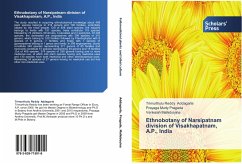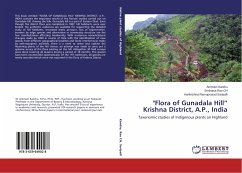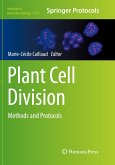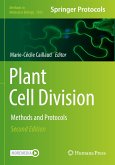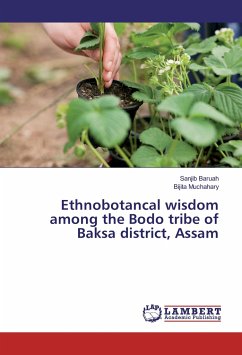The study resulted in acquiring ethnobotanical knowledge about 408 plant species belongs to 319 genera and 108 families, potentially utilized by the tribal people. Out of 408 plant species, the majority belongs to herbs with 151 species, trees constitute 119 species followed by 74 climbers, 59 shrubs, 3 parasites and 2 epiphytes. Of 408 species, the dominated are angiosperms with 399 species of 310 genera, which belong to 100 families followed by Pteridophytes with 8 species of 8 genera, 7 families and finally with 1 species of gymnosperms belong to 1 genus and family. In 399 angiosperms, dicots constitute 348 species representing 271 genera of 85 families and monocots constitute 51 species representing 39 genera and 15 families .Out of 408 species, 374 species of 298 genera having one or more medicinal use, of which 244 plant species having only medicinal uses and 130 species have both medicinal and other ethnobotanical uses. Remaining 34 species of 27 genera having no medicinaluse but has other non-medicinal uses.
Hinweis: Dieser Artikel kann nur an eine deutsche Lieferadresse ausgeliefert werden.
Hinweis: Dieser Artikel kann nur an eine deutsche Lieferadresse ausgeliefert werden.

